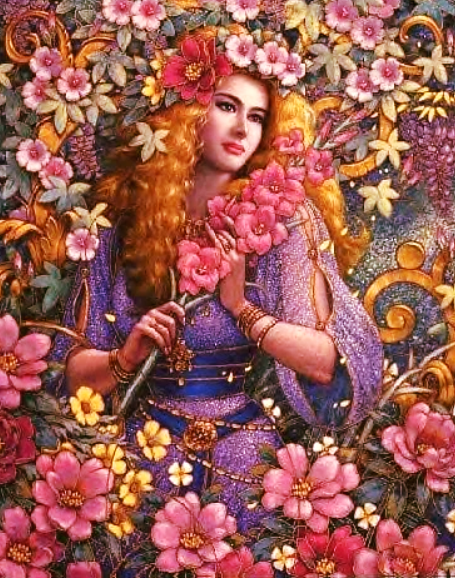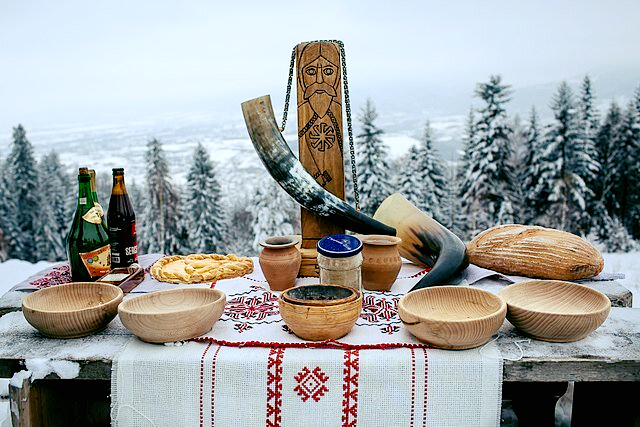Rodnovery (Rodzima Wiara)
Rodnovery: An Introduction
Rodnovery, also known as Slavic Native Faith, is one of the lesser-known modern pagan religions. It is a modern revival of the pre-Christian Slavic polytheistic religion and is now considered a new religious movement.
Practitioners of Rodnovery are mainly located in Central, Eastern, and Southeastern Europe, where they are adopting the belief system of their Slavic ancestors with an open-minded approach.
The word Rodnovery is a derivative, forming from a combination of the word Rod (kin, lineage) and Vera (faith). As many similar European Pagan Religions have both a theology and a cosmology, Rodnovery is no different.
more:
https://www.celebratepaganholidays.com/…/rodnovery-an.
Rodnovera: wprowadzenie
Rodnovera (Rodzima Wiara), znana również jako słowiańskie wierzenia rdzenne / rodzime, to jedna z mniej znanych współczesnych religii pogańskich. Jest to współczesne odrodzenie przedchrześcijańskiej słowiańskiej religii politeistycznej i jest obecnie uważane za nowy ruch religijny. Praktycy Rodnovery znajdują się głównie w Europie Środkowej, Wschodniej i Południowo-Wschodniej, gdzie przyjmują system wierzeń swoich słowiańskich przodków z otwartym podejściem. Słowo Rodnovery jest pochodną, powstałą z połączenia słowa Rod (ród, rodowód) i Vera (wiara).
Ponieważ wiele podobnych europejskich religii pogańskich ma zarówno teologię, jak i kosmologię, Rodnovery nie jest wyjątkiem.
więcej: https://www.celebratepaganholidays.com/…/rodnovery-an.
źródło: https://www.facebook.com/SlavicSpirituality/photos/a.777818899057638/2216517848521062
Vesna (Cyrillic: Весна)
was a mythological female character associated with youth and springtime in early Slavic mythology, particularly within Croatia, Serbia, North Macedonia and Slovenia. Along with her male companion Vesnik, she was associated with rituals conducted in rural areas during springtime. In the nineteenth century, Russian peasants celebrated the return of spring on March 1 by going out to the fields, carrying a clay figure of a lark on a pivot which had been decorated with flowers. They sang songs naming the spring season Vesna. The word „vesna” is still the poetic word for „spring” in Slovene, as well as Czech and Slovak. In Russian, Polish, Ukrainian, and Belarusian, vesna/wiosna is the actual word for 'spring’. The month February is sometimes named vesnar in Slovene. In Serbian, the word vesnik is used to denote someone who heralds or brings about springtime. It is likely that Vesna was originally a goddess representing the earth during the spring, making her an alternate form of Mokosh.


